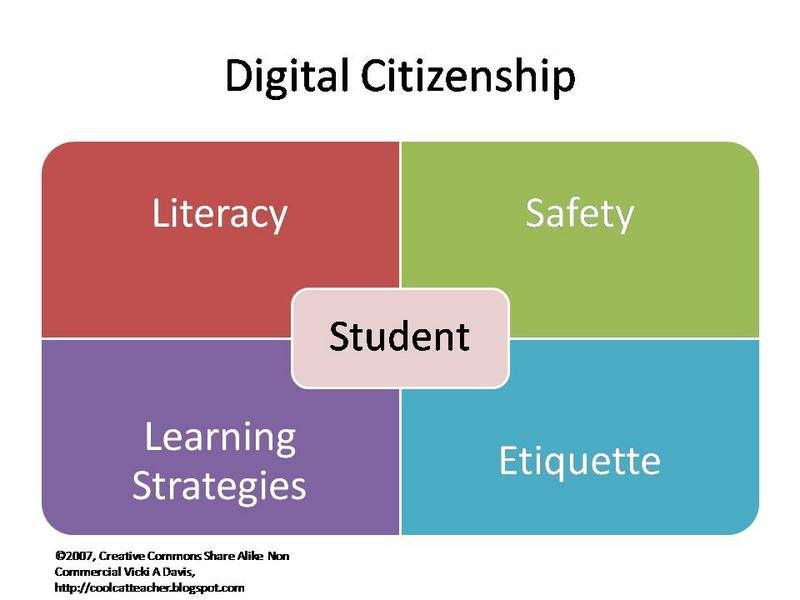
Given my training as a Social Science teacher and more specifically the time I spent teaching American Government, the First Amendment has always been something that I feel very strongly about. When I did teach American Government, my students had it drummed into their heads... "WHAT ARE THE FIVE FREEDOMS OF THE FIRST AMENDMENT?" I never quite created a little mnemonic device to help students learn them easier, but I did keep repeating, "R-S-P-A-P, R-S-P-A-P." Which all of you know, stands for Religion, Speech, Press, Assembly and Petition. And that became the way students learned the First Amendment. I also had what I called the "Dirty Thirty List" of Supreme Court cases that students needed to know the facts and holdings of for tests, expecially for the AP Government examination. I outlined the limits of free speech that Justice Holmes put forth in the Schenck case. We covered student symbolic speech, in Tinker v. DesMoines School District.
I'm worried that the explosion of free speech and press that has been possible through the Internet is going to be restricted, not because there are political disagreements, but because the ISP's (Internet Service Providers) want to charge more for specific services. There are several terms used to describe this practice, but the most common is 'Tiered Internet.' The ISP's could allow their Internet traffic, or the traffic of companies that pay an additional fee to get preferential time slots on their networks. Think of it like a highway that has five lanes. In four of the lanes, there is no speed limit, but you have to pay an additional $100 a month. In the other lane, you can pay the normal rate but the speed limit is 5 miles per hour and it will be constantly jammed or slow. ISP's can also do something called, 'Bit Shaping.' When ISP's bit shape, they charge more for bits that are using a particular service. For example, an ISP will charge customers more if the bits they are being used for Peer to Peer File Sharing or for Voice over IP traffic (VoIP).
There are many sites around supporting Net Neutrality and lobbying against any potential legislation at the state and national levels.
- Net Neutrality and Civil Liberties: A site put together by the American Libraries Association that has a variety of links to different resources regarding Net Neutrality.
- Save the Internet: A site that has several positon papers, a lobbying effort and many citizen created videos in support of Net Neutrality.
The videos below are both good examples of how Net Neutrality is important and why it should be preserved.



